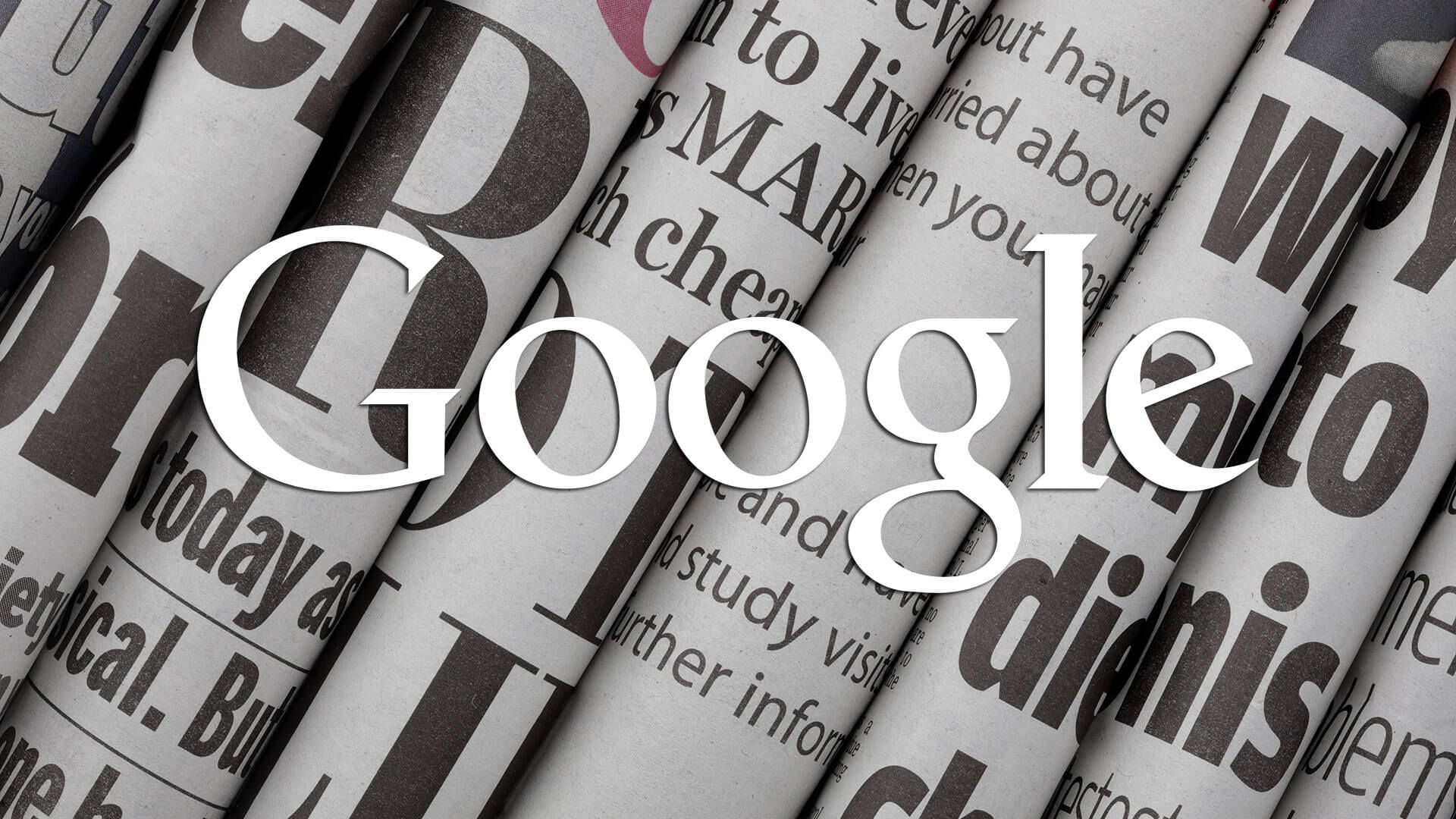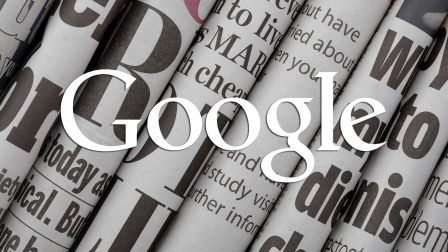Newspapers Lobby Trump About Google News
by Wendy Davis, Staff Writer @wendyndavis, December 8, 2016

A group representing the newspaper industry apparently wants to resurrect an old battle with Google News and other online news aggregators.
The trade group News Media Alliance — which counts The New York Times, The Washington Post and Dow Jones as members — is asking President-elect Donald Trump to support new copyright laws that could put a crimp in many Web publishers.
“Copyright laws must be structured to allow for a return on investment, and not to encourage aggregators, search engines, social media sites and advertising networks to build revenue from content in which they do not invest,” the group said in a paper sent to Trump’s transition team last week.
The organization added that “strong” copyright laws are needed to combat “news aggregation platforms” like Google News.
“Many of these relatively new players in the digital ecosystem build audiences and generate revenue from newspaper content with little if any revenue coming back to those who have invested in creating the original content,” the NMA writes. “Today, outdated interpretations of copyright laws mean that the industry is currently forced to give away much of its product for free.”
Years ago, newspapers complained at length about aggregators like Google News. News Corp., for one, repeatedly accused Google News of “free riding” on copyrighted material.
In recent years, however, those complaints appeared to have died down.
The newspaper organization — which earlier this year complained to the Federal Trade Commission about ad blockers — also wants to see Congress limit “fair use,” the concept that allows people to use some or all of a copyrighted work, under certain circumstances.
Judges currently look at factors like the purpose of the use, amount taken, effect on the market, and the nature of the original work. In one recent high-profile case, Google’s ambitious book project — which involved digitizing books and displaying excerpts — was found to be protected by fair use principles.
The group doesn’t spell out exactly how fair use should be narrowed — other than to state that Congress should rewrite the law in a way that limits the concept.
MediaPost.com: Search Marketing Daily
(20)













